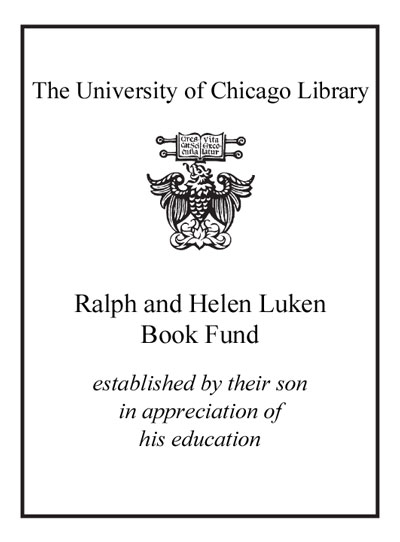Review by Choice Review
In this edited collection, contributors use a history of economic thought perspective to explore the evolving role of Latin America within the context of globalization and underutilized resources to understand the current period of economic turmoil. The introduction and 13 papers attempt to show that people can learn from historical examples how relentless economic and financial crises call for appropriate analytical interpretations and sustainable policy measures. Many of the chapters are interesting taken alone (e.g., Annie Cot's "Jeremy Bentham's Spanish American Utopia"), but the volume as a whole lacks the coherent focus claimed in the title. This is particularly true of the five chapters in the first part of the book. The chapter "Recollecting Kalecki's Studies of the US Economy" treats an interesting issue, but the link to the Latin American economy is hard to make. The eight essays in the second part of the book at least focus on Latin America. However, even they are a mix of narrow empirical studies and general treatments of Latin American development theories. Many of the latter cover ground that is hardly new (e.g., Raúl Prebisch, CEPAL, and dependency theory). Though the book cannot be recommended as a whole, individual chapters might be of interest to specialists. Summing Up: Recommended. With reservations. Graduate students and specialists. --Kenneth P. Jameson, University of Utah
Copyright American Library Association, used with permission.
Review by Choice Review

